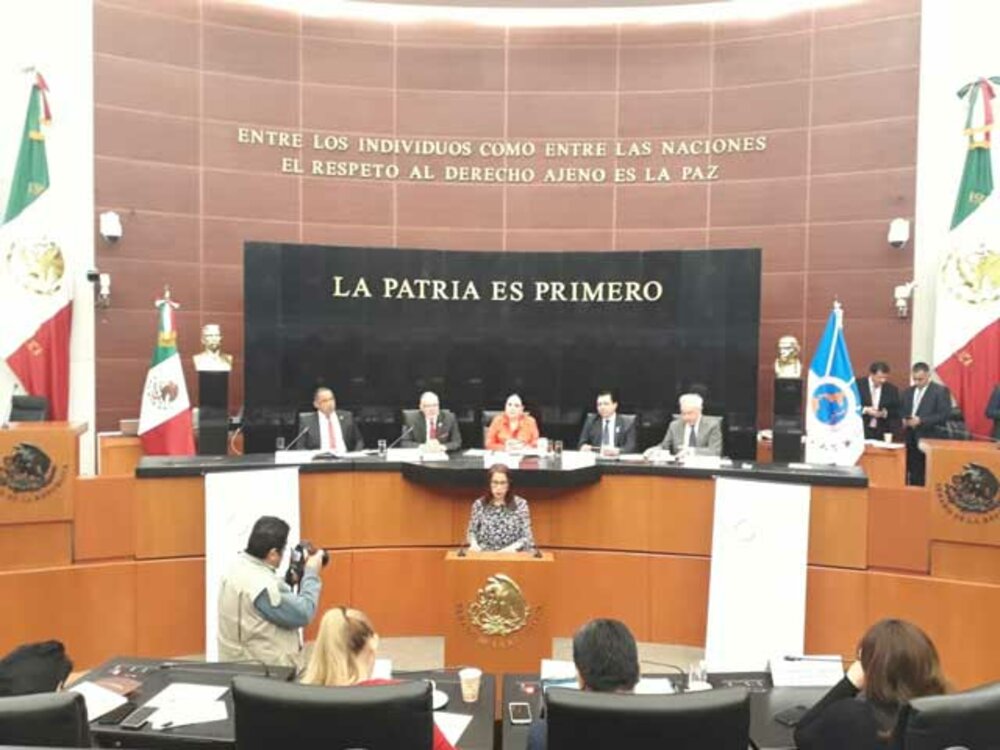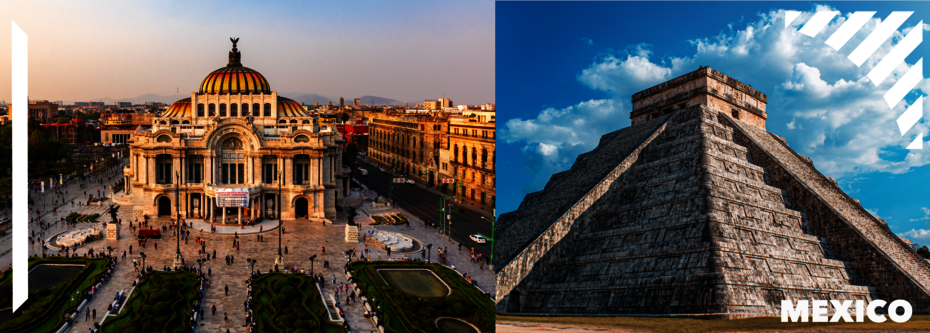Mexico has been a non-regional CABEI member since 1992 with an authorized stake of USD306.25 million in the Bank's share capital and capital contributions of USD76.56 million, ranking as the third largest shareholder within the group of non-regional members with 5.03%.
The contribution that Mexico channels to the Central American region through CABEI is based on various financial cooperation instruments with Banco Nacional de Comercio Exterior S.N.C. (Bancomext) for a total amount of USD520.8 million. The relationship between the Bank and this country was solidified in 2008 with the launching of the Central American Social Housing Development Program. It falls under the framework of the Mesoamerican Integration and Development Project (formerly Plan Puebla Panamá). Since that date, the Mexican government has made resources available to develop a sustainable market for long-term housing finance in the Central American region that addresses the housing deficit and future needs in this area. Throughout the Program's existence, 59 disbursements have been made through 14 intermediary institutions. In total, 192.7% of the initial financing available has been channeled, benefiting a total of 8,032 low- income households, which can now enjoy a more dignified home.
CABEI participates in FOPREL forum

At the conference, CABEI highlighted its efforts to achieve greater articulation of initiatives with high regional impact.
Tegucigalpa, February 28, 2020.- The importance of legislative streamlining of regional projects was one of the topics presented by the Executive Vice President of the Central American Bank for Economic Integration (CABEI), Nadia Baldelomar, at the Pro Tempore Presidency Transfer of the Forum of Presidents of Legislative Powers of Central America and the Caribbean Basin.
The activity was held in Mexico City at the headquarters of the Mexican Senate Chamber, where the CABEI official announced that the new 2020-2024 five-year strategy highlights the main development objectives, which focus on three strategic axes that need to be strengthened. These axes include sustainable competitiveness, regional integration and human development and social inclusion with an indispensable cross-cutting axis of environmental and social sustainability.
In addition, Baldelomar indicated that a series of efforts are required to streamline legislation at a regional level in order to promote the strategy, without which it would be very difficult to achieve an integration development agenda that meets the needs of the countries of the Central American region.
Regional projects that require streamlined and harmonized legislation include the following: The tri-national project of the Gulf of Fonseca among Honduras, Nicaragua and El Salvador; the gas pipeline connecting Mexico with the three countries of the northern triangle, Guatemala, Honduras and El Salvador; the expansion of the Regional Bandwidth denominated the Trifinio Plan; SIEPACII; the Regional Electric Mobility Project; Railway Projects for which studies have already begun in Costa Rica, El Salvador and a request has been received from Guatemala.
CABEI is leading efforts to achieve greater articulation and integration of high-impact regional initiatives with the Central American Integration System, which is the entity that coordinates policy efforts of the regional agenda of the countries that compose it. These efforts are part of the Bank's commitment to foster strategic alliances with key actors that enable it to join forces and reinforce the strengths of each instance in order to reduce duplication of actions and contribute to the sustainable development of the SICA countries.


